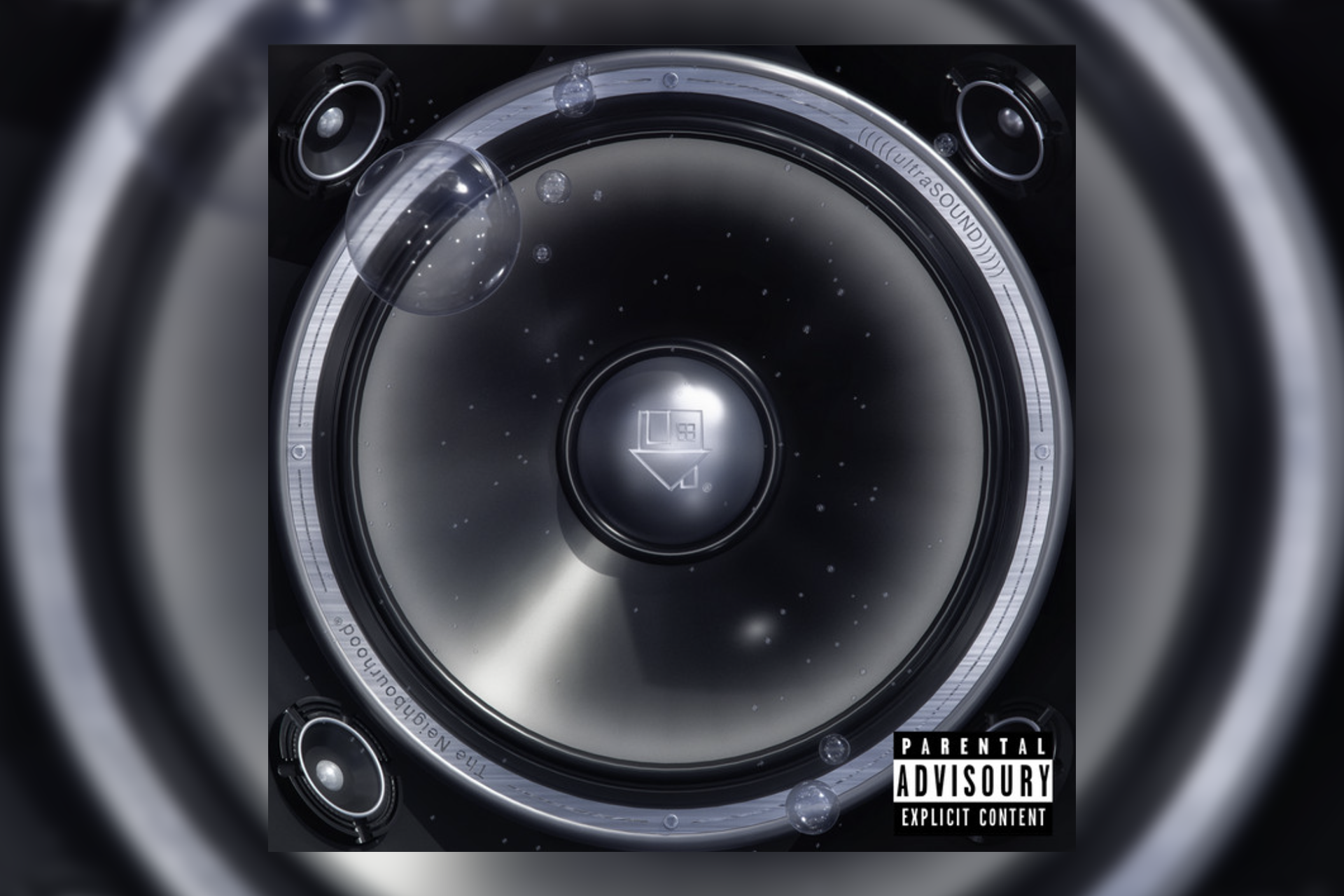California indie band The Neighbourhood once epitomized the moody, cinematic Tumblr-core music scene of the 2010s with songs like “Sweater Weather,” “You Get Me so High” and “Daddy Issues.”
Fast forward to today, five years after its previous album, Chip Chrome & The Mono-Tones. It’s clear the band seeks to revive this bygone aesthetic.
Released on Friday, (((((ultraSOUND))))) adheres to The Neighbourhood’s established style. With soft beats, airy vocals and emphatic guitar and bass lines, each song embodies The Neighbourhood’s notorious soft-grunge sound and trademark brand of seaside melancholy.
(((((ultraSOUND))))) opens with the song “Hula Girl,” a standout track. The upbeat drums and beginning guitar riffs reel listeners in, artfully juxtaposed by the song’s hopeless and lovesick lyrics.
“Hula Girl” presents a clever metaphor for toxic romance and desire. The lyrics, “Dashboard hula girl, honey / Come and treat me like a crash-test dummy,” illustrate yearning for a girl who brings beauty and fun into the singer’s life, even if he ends up irreparably damaged by their connection.
The song exemplifies the album’s grandiose soundtrack feel. The band portrays a nostalgic and cinematic quality that would lend itself well to any gritty or moody teen drama.
The better part of (((((ultraSOUND))))) takes on a consistent tone. Tracks include copious references to unhealthy aspects of romantic relationships, and their production style is largely similar.
[Florence + The Machine’s ‘Everybody Scream’ is a bewitching view into personal trauma]
Vocalist Jesse Rutherford’s whispery falsetto appears on every song, alongside atmospheric synth and substantial surf-rock influences. Prominent bass lines, percussion and guitar riffs round out each of them, bringing out the band’s signature moody sound.
The song “Planet” uses Rutherford’s vocals to evoke an otherworldly atmosphere. His voice is mixed with whispers and echoes of itself, which are layered atop an easy beat and fuzzy guitar that infuse the song with a hazy, ethereal feel.
Several upbeat tracks help break up the album, however, and keep it from feeling too monotonous. They let the album become something you can blast, windows down during a drive, without getting too blue.
The penultimate track, “Mute,” takes on a more cathartic and raw feel than the rest of the album, featuring upbeat instrumentals and repetitive lyrics.
While it starts relatively restrained, frustration and disarray break out in the chorus, culminating in an emotional climax that mirrors the lyrics’ rising passion. The steady drums and beat carry weight and energy to Rutherford’s vocals, and make the song especially memorable.
[Keep dancing on your own this cuffing season with these 4 films]
“Stupid Boy,” the album’s final song, contains a similar build in intensity.
The bridge of the song lists out several juxtapositions: “And thе mascot and the icon / And the hero and the tyrant / And the rabbit and the python / And the anthem and the fight zone.” Each exclamation frantically builds until the final lines are screamed, communicating the unease of the speaker at the opposing elements of life.
It’s an abrupt and haunting end to the album, yet it fits. The escalation of the bridge feels like the emotional buildup of each preceding track, presenting the inevitable anger from the sadness and despondency of all the songs before.
Ultimately, (((((ultraSOUND))))) doesn’t reinvent The Neighbourhood. But it doesn’t have to. It refines what the band does best: romantic alt-pop steeped in glamorous sadness, nostalgia and West Coast cool.
The album is a familiar return rather than a total transformation, and that’s a large part of its appeal. It knows its lane and drives it well, right along the California coast.



